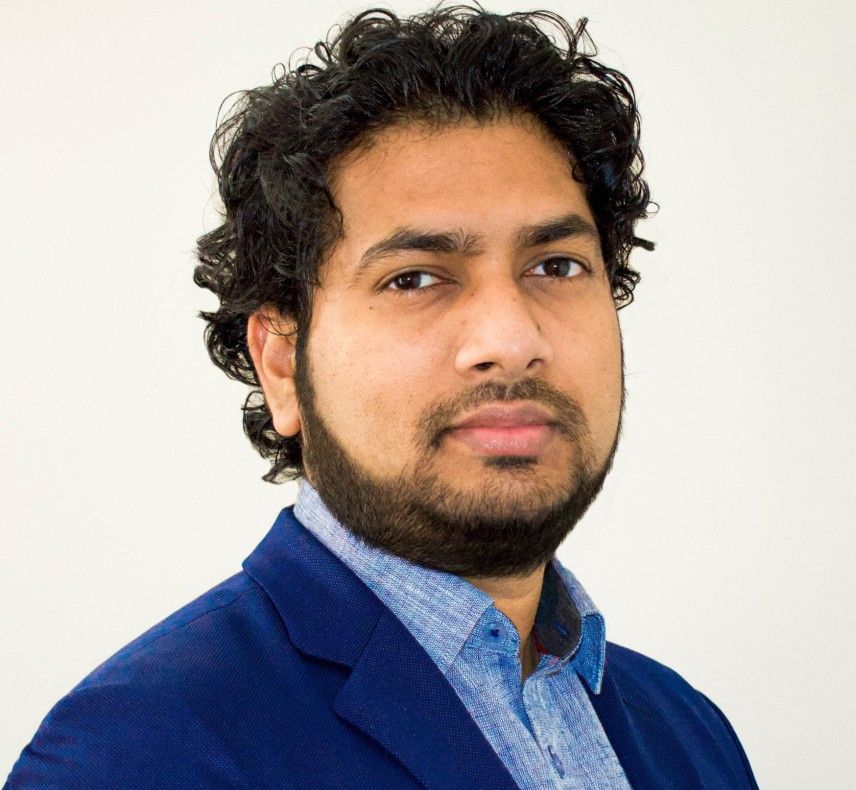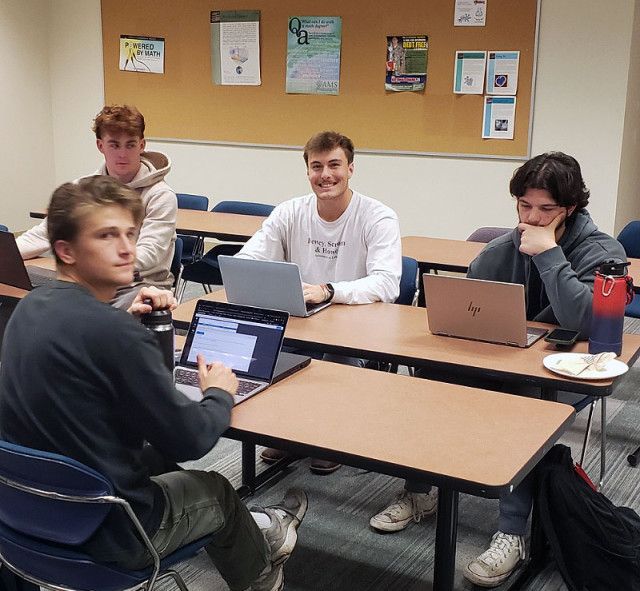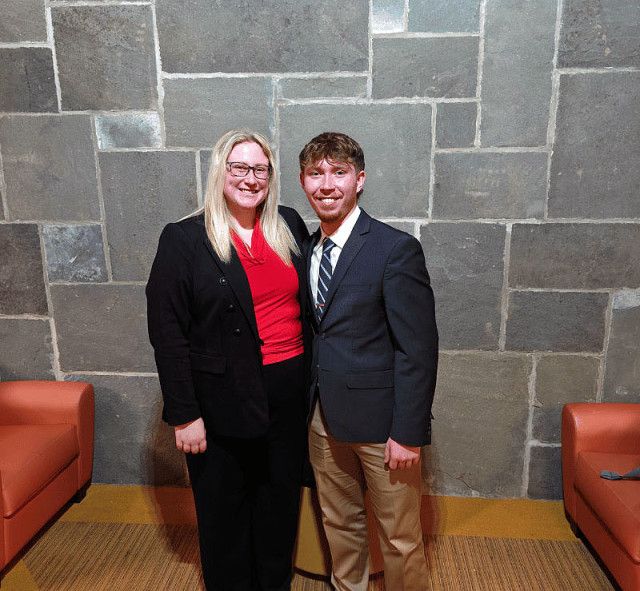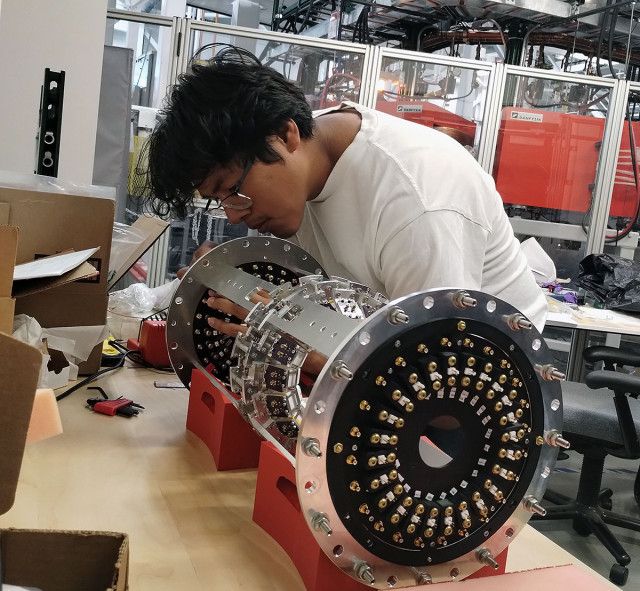Sachith Dassanayaka, assistant professor of data science at Wittenberg, is one of 15 faculty members from liberal arts colleges around the country to be selected to attend the inaugural Digital Liberal Arts Summer Institute sponsored by Transylvania University’s Bingham Program for Excellence in Teaching from June 26-29, in Lexington, Kentucky.
Dassanayaka is part of a select group of faculty members who will engage with several scholarly readings on theoretical topics focusing directly on three pillars of the digital liberal arts – digital fluencies, design thinking, and human-technology interaction – and work directly with experts in these areas. Faculty attendees will explore the ways in which these pillars already play a part in liberal arts education and how these concepts will shape the future of students learning and the world they will come to inhabit. The institute will convene faculty from a variety of disciplines and liberal arts institutions in a series of seminars and expert-led workshops. The goal of these sessions is to advance a broader conversation about the role of technology in pedagogy and liberal education.
“I have been working on ways to promote design thinking and use of technology to teach statistics and data science concepts. Therefore, I searched for techniques and practices that we could use to deliver our product successfully to students,” Dassanayaka said. “I need guidance and a discussion to explore these areas with experts or a group trying to work on applications of design thinking and practicing new techs in a liberal art setting. Based on my search, the Digital Liberal Arts Summer Institute, sponsored by Transylvania University, will be the first program to talk about how to promote design thinking and using technology.”
Speakers at the seminar include Dànielle Nicole DeVoss, William J. Beal Distinguished Professor of Graduate Faculty at Michigan State University; Paul Hanstedt, director of Houston H. Harte Center for Teaching and Learning at Washington and Lee University; and Meredith Clark, Founding Director of the Center for Communication, Media Innovation, and Social Change at Northeastern University.
This seminar seeks to contribute to a national conversation on the idea of liberal education and the mission of the liberal arts college amidst the extraordinary possibilities, as well as the potential pitfalls, created by digital technologies. A firm grounding in the liberal arts and the ability to share digital fluencies, to recognize the ways that technologies shape human societies, and to empathize with each other as in the design thinking model is essential to educating students to face the challenges and opportunities the 21st century presents. The institute presents a unique opportunity to bring together both the past and future of the liberal arts in order to help shape its evolution.
“As per my understanding, the liberal arts education setting here at Wittenberg provides a more profound and rich understanding that requires students to link their skills effectively to the needs of others,” Dassanayaka said. “I want to develop a new course and modify existing courses consisting of design thinking, which seems to be a unique reality unfolding in the liberal art setting with the use of technology. I believe that promoting the combination of design thinking and technology will lead the liberal art setting to produce more entrepreneurs that the world needs now and in the near future. The coupling of the traditional richness of Wittenberg’s liberal art programs and design thinking facilitates individuals to develop problem-solving skills of the highest order.”
Participants will be asked to consider how these pillars contribute to our effectiveness as college and university teachers in the classroom, in the preparation of course offerings, and in the construction of curricula at our academic institutions.







